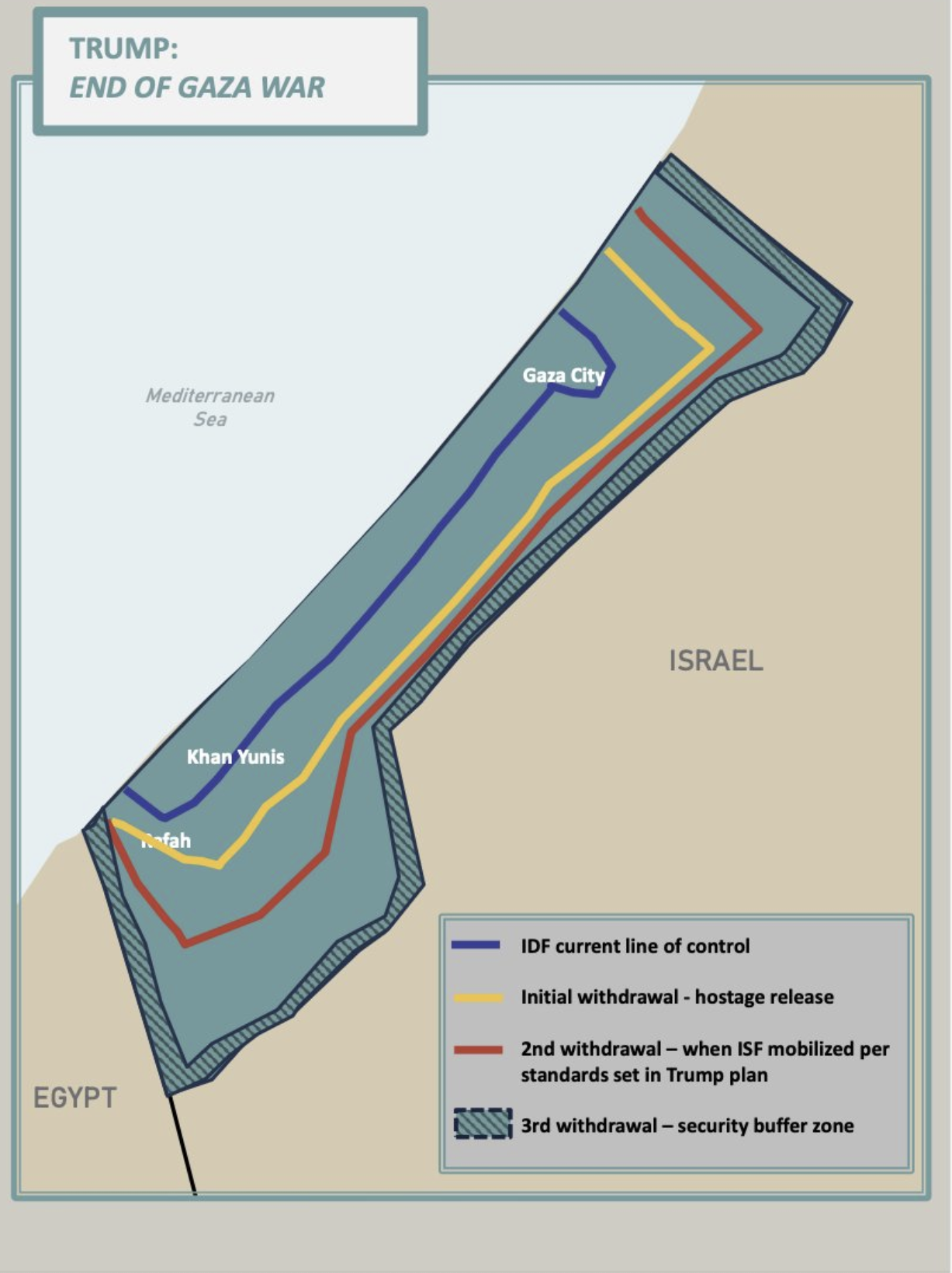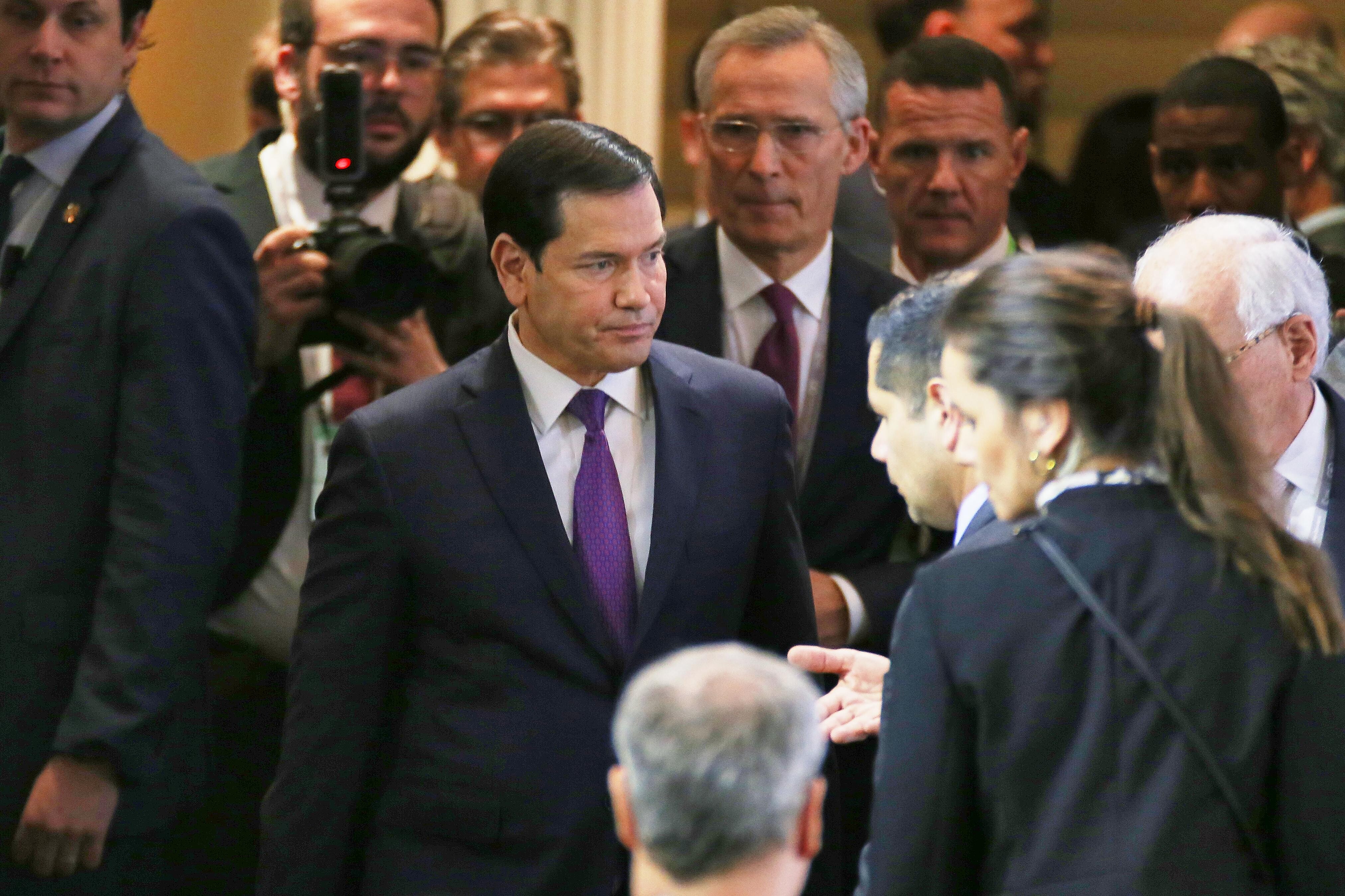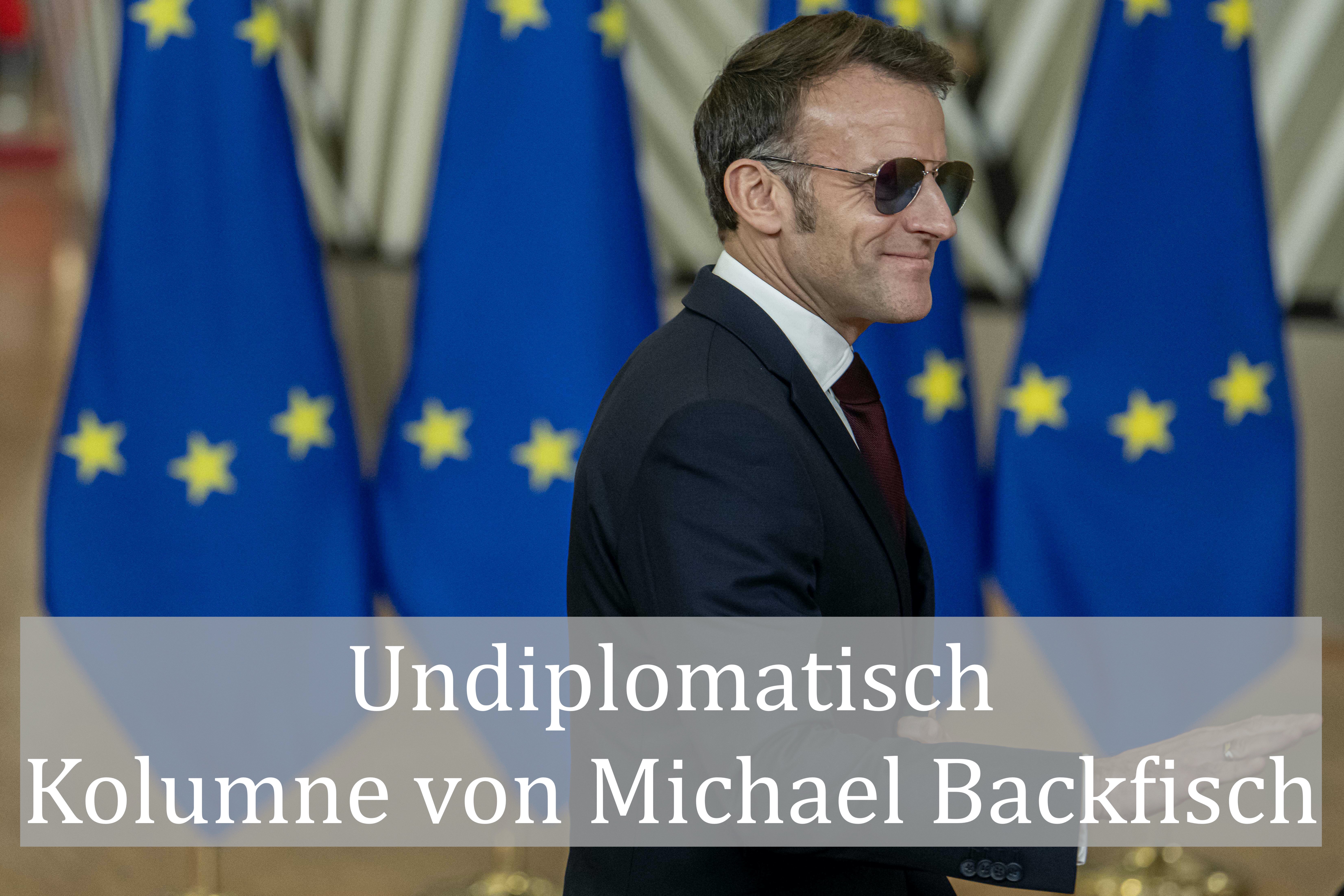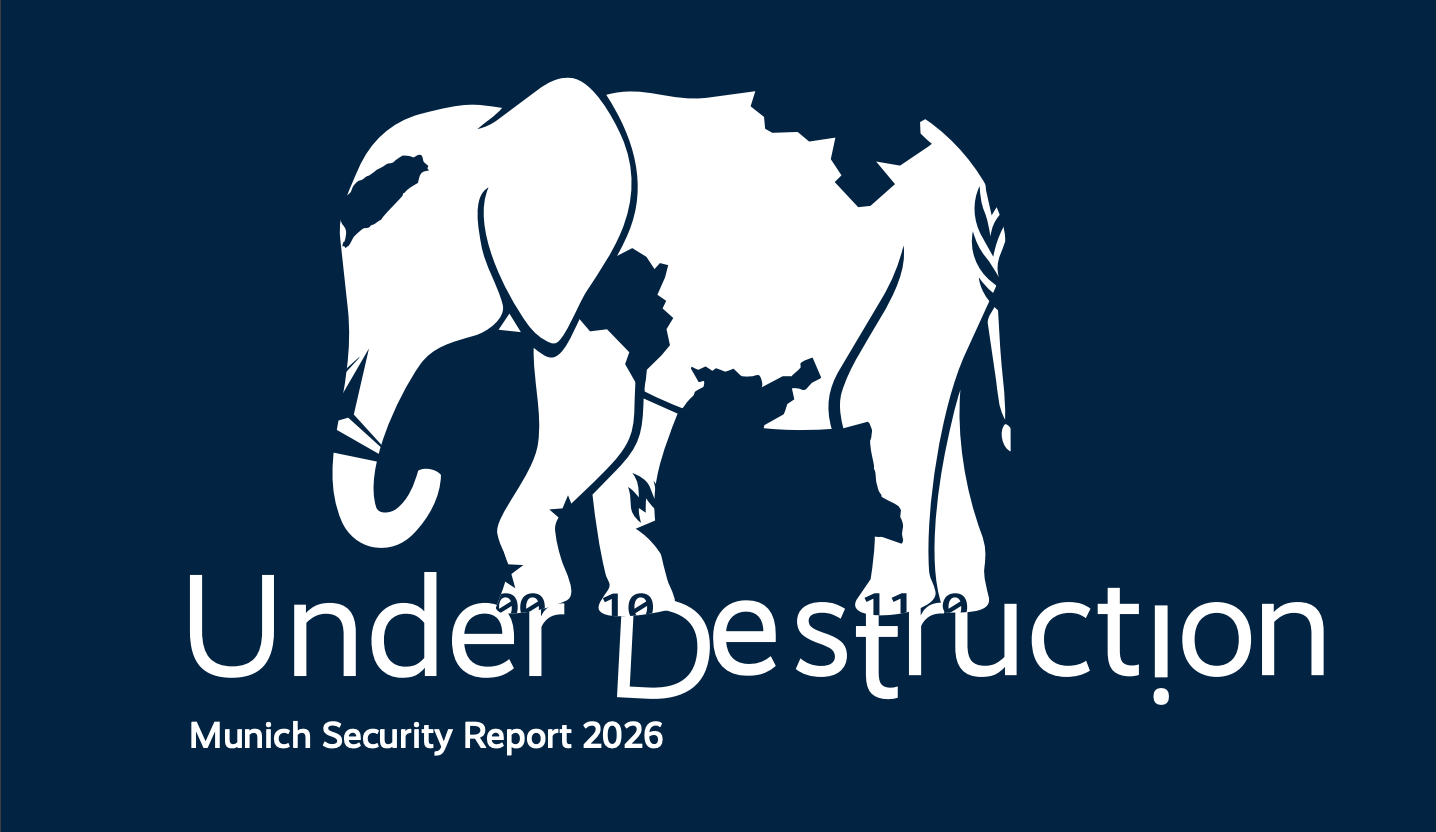diplo.news
Is this Trump's moment?
Column by Michael Backfisch

The world is watching Washington with rare intensity. Of all people, US President Donald Trump, who has so far approached conflicts primarily with boastful announcements, could play a decisive role in ending the Gaza war. The 20-point plan is a bold move that is surprisingly well thought out and nuanced by Trump's standards. Hamas is not the only one that has to make sacrifices: the plan calls for the complete military and political disempowerment of the Islamist terrorist organisation. Trump is also calling on Israeli Prime Minister Benjamin Netanyahu to do his part. The prime minister has made several commitments that were previously taboo for him. These include the gradual withdrawal of his forces from the Gaza Strip and the willingness to recognise the Palestinian Authority as the ultimate governing authority in the coastal enclave after reform. Netanyahu's far-right coalition partners, who want to annex both the Gaza Strip and the West Bank, are furious about these concessions.
The question arises: How was it possible for Trump to persuade the notoriously stubborn Netanyahu to take such steps? Israel's head of government had driven several US presidents – most recently Joe Biden – to despair with his obstructionist stance. Did Trump make secret promises to him that the world public is not yet aware of? Or is Netanyahu so isolated internationally due to his Gaza campaign, which has claimed tens of thousands of civilian casualties, that he cannot afford to lose his last – and most powerful – ally, America? So, in the end, is this a triumph for Trump's pressure diplomacy, backed by the gigantic US military arsenal, which is Israel's ultimate life insurance policy?
Trump's Gaza initiative may be partly motivated by narcissism: on 10 October, the winner of the Nobel Peace Prize will be announced in Oslo, something the US president has been eyeing for months. His egomaniacal invocation of ‘eternal peace’ in the Middle East is also hopelessly exaggerated.
And yet there is a great opportunity in the Gaza Plan that goes beyond simply ending the brutal war in the coastal strip. Trump is planning to re-issue the Abraham Agreement from his first term in 2020. At that time, the United Arab Emirates and Bahrain were the first to recognise Israel, followed by Morocco and Sudan. The establishment of diplomatic relations between Arab countries and Israel was probably Trump's greatest foreign policy success.
A major Arab-Israeli settlement could also be achieved as part of ending the Gaza conflict. The Trump plan is met with overwhelming international approval — even in China. Above all, the backing of Arab states is strategically crucial. The foreign ministers of Qatar, Jordan, the United Arab Emirates, Saudi Arabia and Egypt welcomed Trump's proposal. The intensive political lobbying of Americans in the Middle East appears to be bearing fruit. The paper was also supported by Turkey, Pakistan and Indonesia.
Until now, the Arab states had always insisted on approval of the two-state solution, which provided for an independent Palestine side by side with Israel. The two-state solution is not explicitly mentioned in the 20-point plan. But the ultimate goal of a Palestinian state is described as a cloudy “political horizon,” which is enough for the Arab countries for now. This apparently also applies to Turkish President Recep Tayyip Erdogan, who had described Hamas members as “freedom fighters” in the past.
The Gaza Plan may still fail if Hamas rejects it. However, the Arab and Muslim states, some of which have supported Hamas in the past, will exert pressure on the Islamists. Of course, many details in Trump's paper are still open and could prove to be potential stumbling blocks. For example, it is unclear who will sit in an initially installed Palestinian technocratic government. The interaction between the Palestinian technocrats and a higher-level ‘peace council,’ which is to include Trump and leading international politicians such as former British Prime Minister Tony Blair, also offers potential for friction. Ultimately, the Palestinian Authority, currently based in the West Bank and led by 89-year-old Mahmoud Abbas, is to take over the administration of the Gaza Strip. It remains to be seen whether this administrative body, which has been considered deeply corrupt for decades, can completely reinvent itself.
There are many reasons to view the Gaza plan with scepticism. And there are many arguments for criticising Trump's domestic policy of absolute control. Nevertheless, it must be noted that the US president has created a new diplomatic dynamic in the Middle East that has been lacking for a long time.




